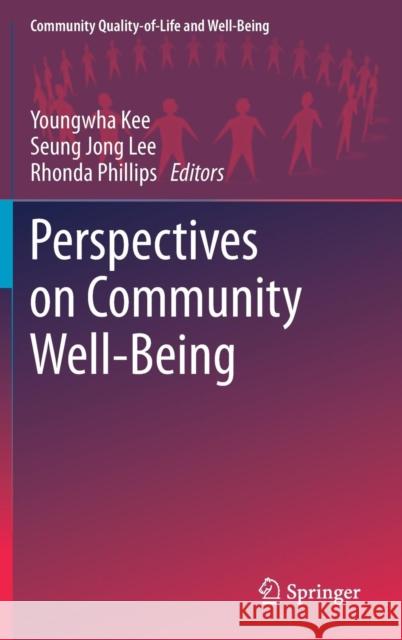Perspectives on Community Well-Being » książka
topmenu
Perspectives on Community Well-Being
ISBN-13: 9783030151140 / Angielski / Twarda / 2019 / 224 str.
Kategorie:
Kategorie BISAC:
Wydawca:
Springer
Seria wydawnicza:
Język:
Angielski
ISBN-13:
9783030151140
Rok wydania:
2019
Wydanie:
2019
Ilość stron:
224
Waga:
0.51 kg
Wymiary:
23.39 x 15.6 x 1.42
Oprawa:
Twarda
Wolumenów:
01
Dodatkowe informacje:
Wydanie ilustrowane











